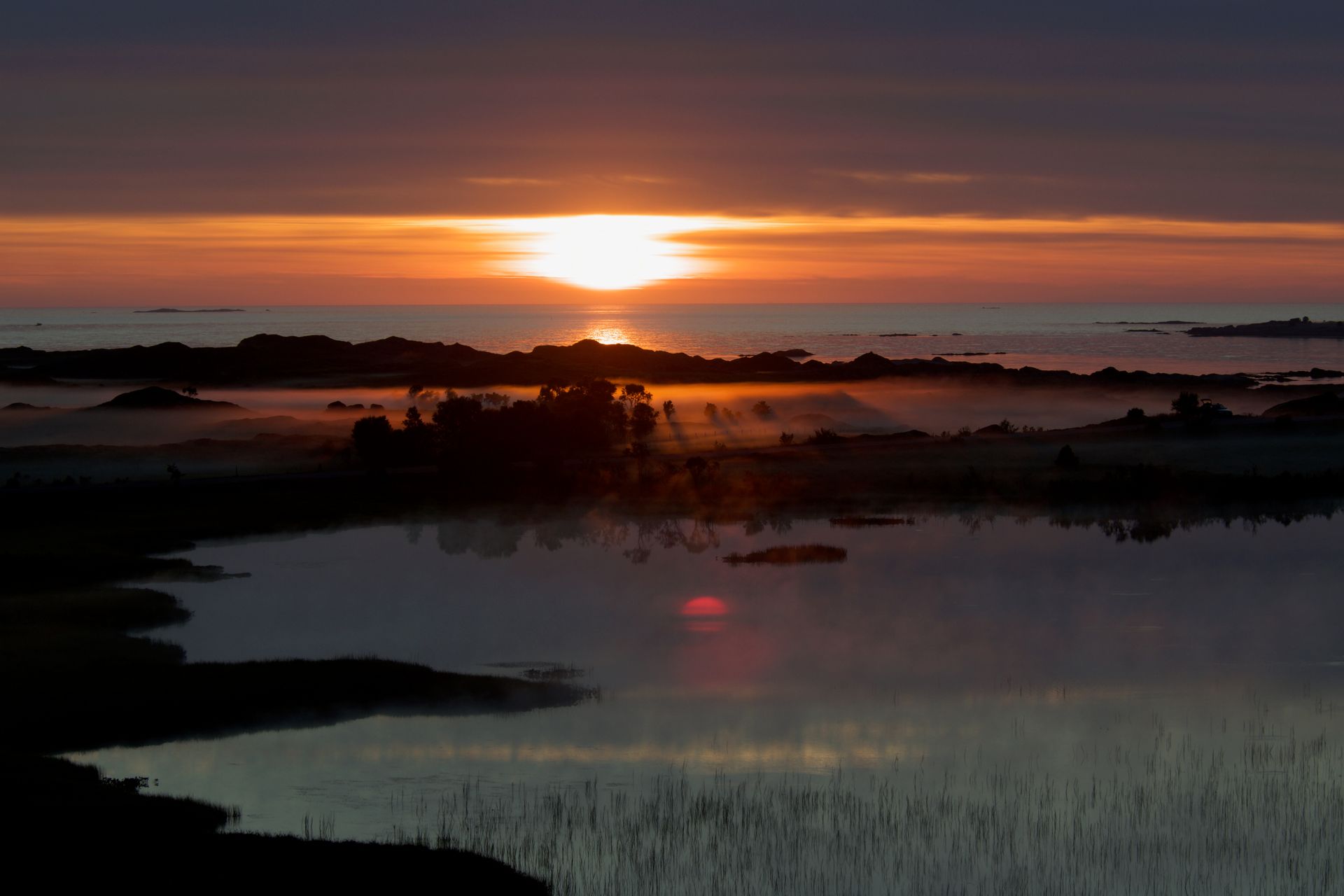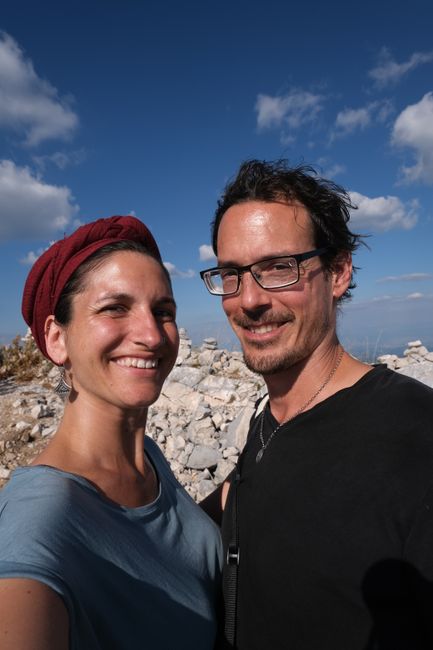Arequipa
ที่ตีพิมพ์: 28.11.2021
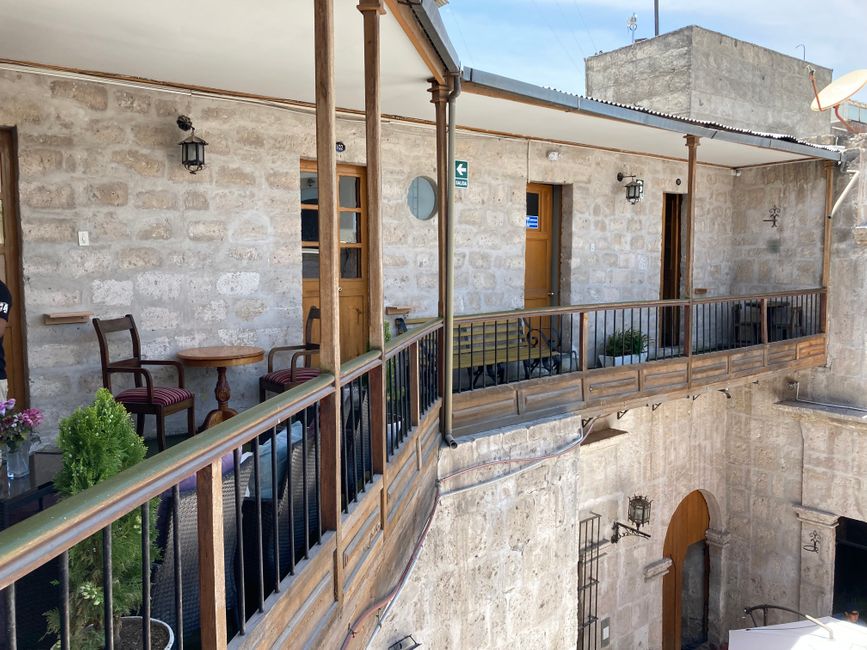
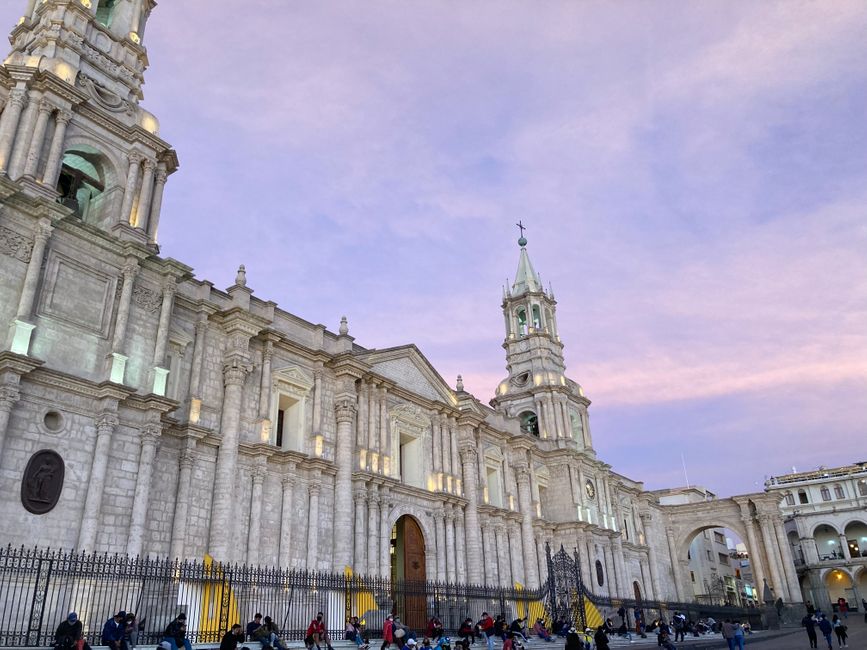
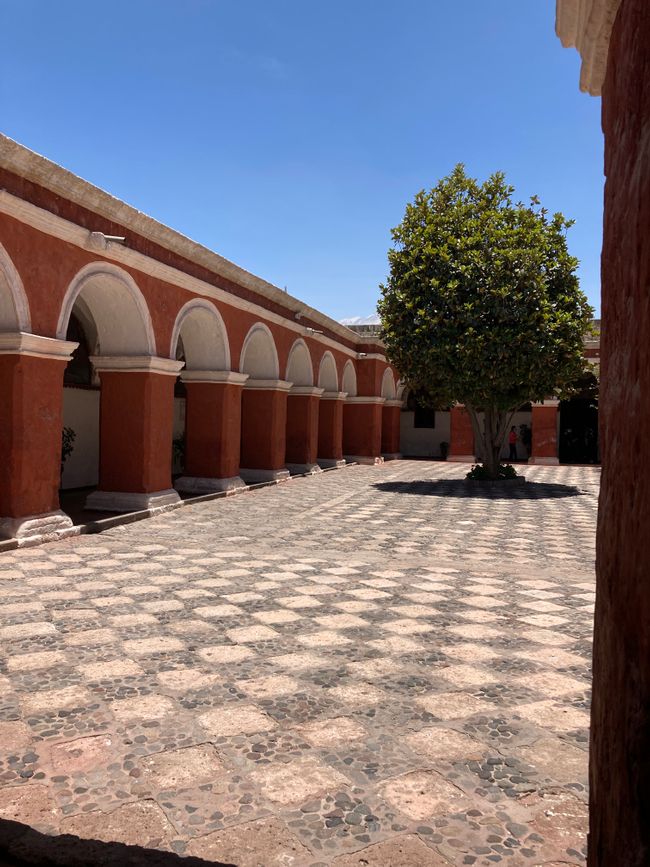
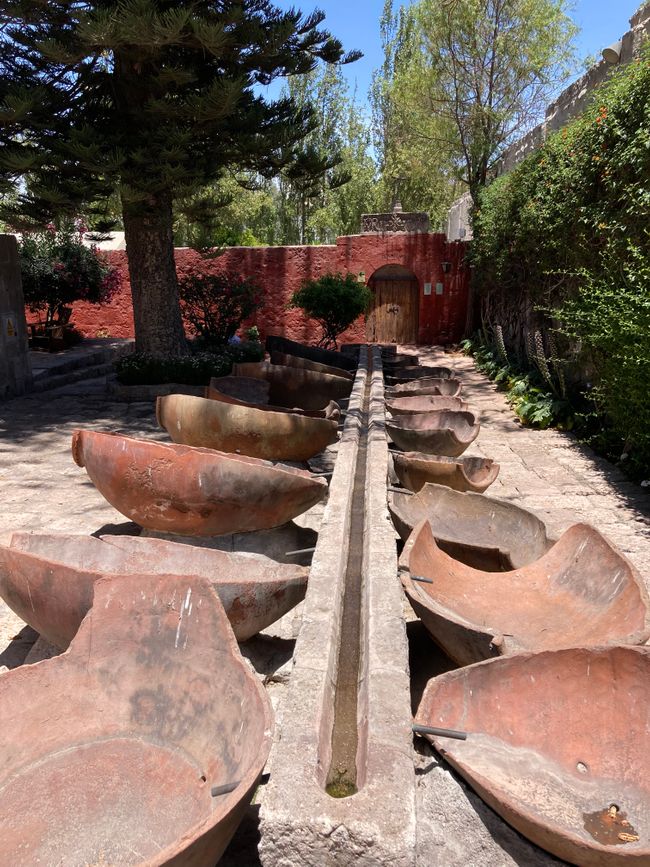
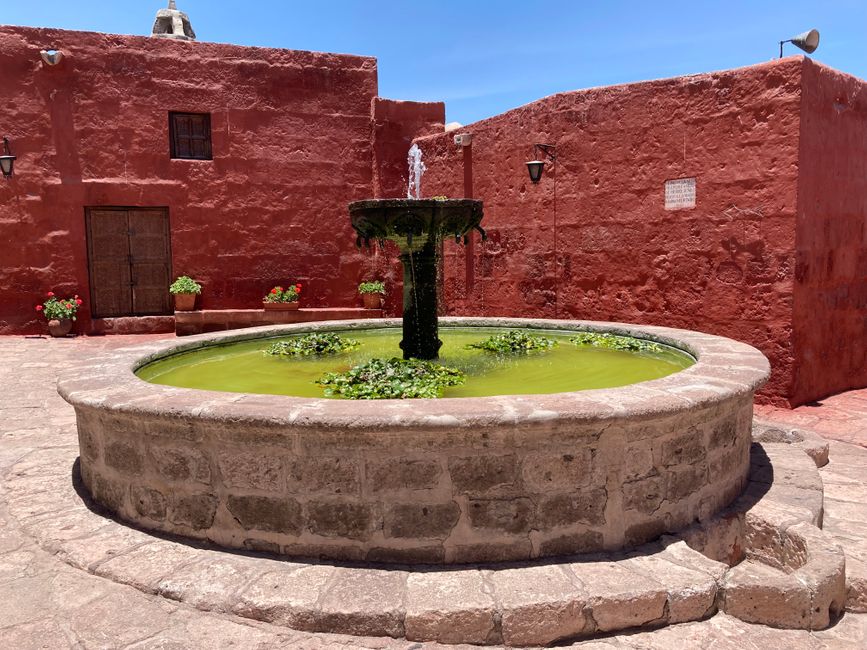
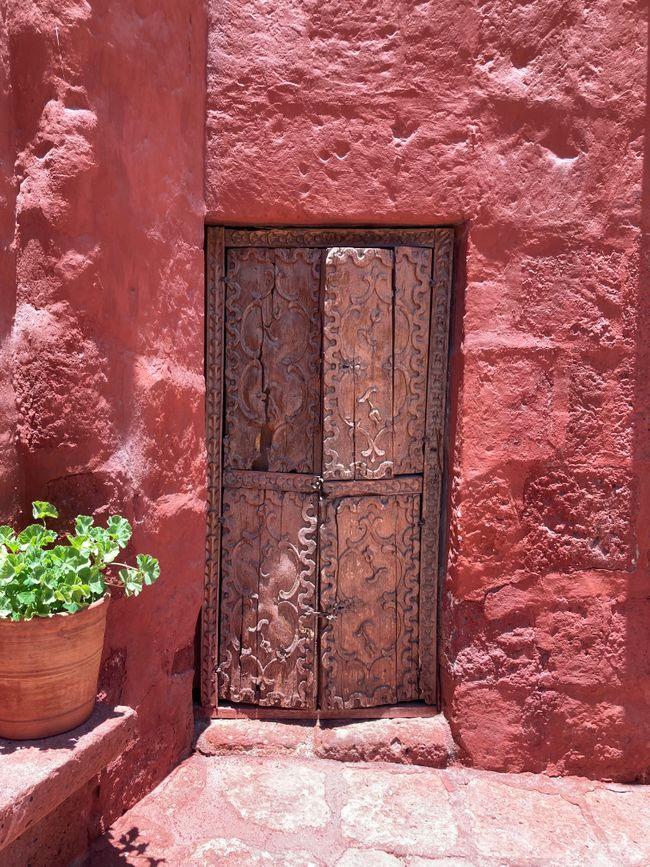
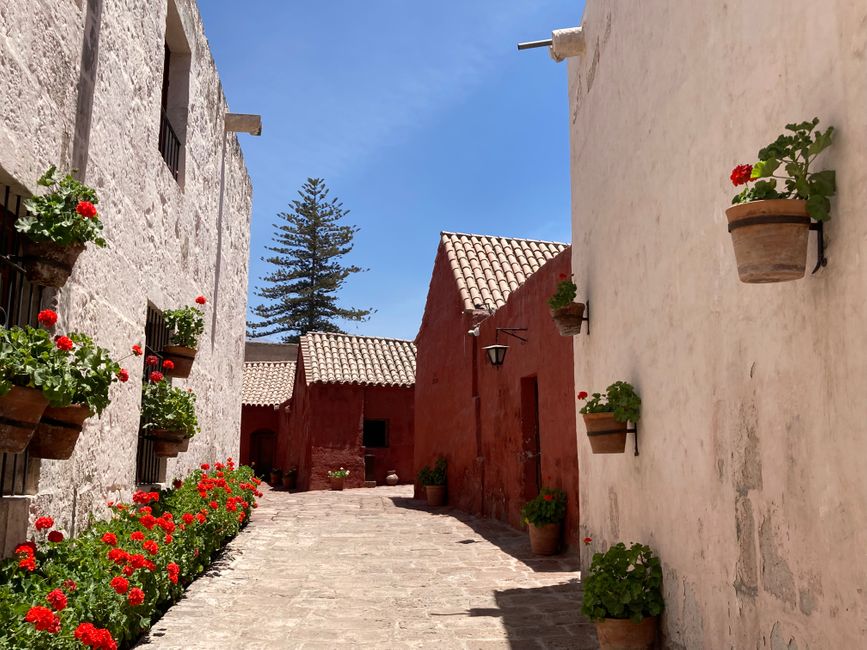
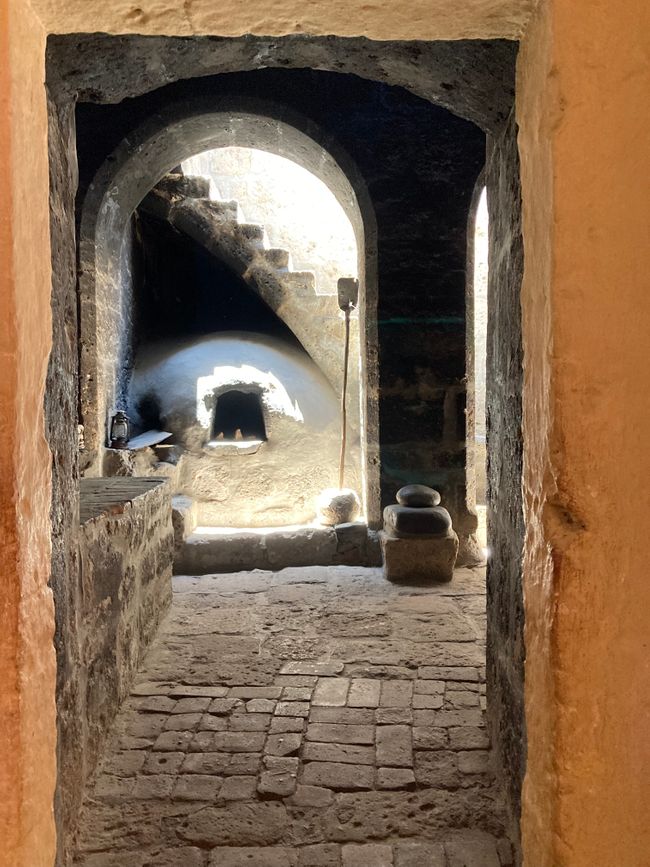
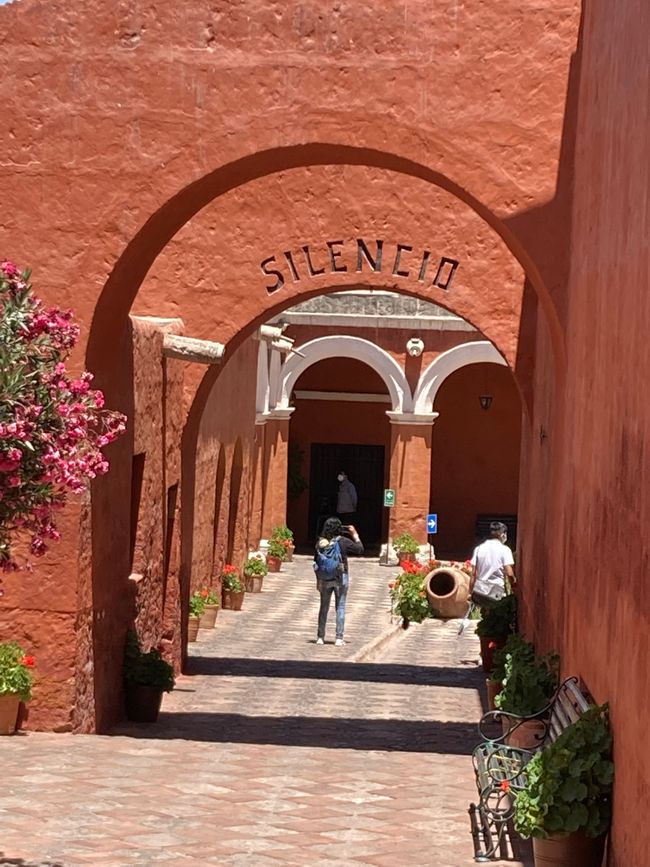
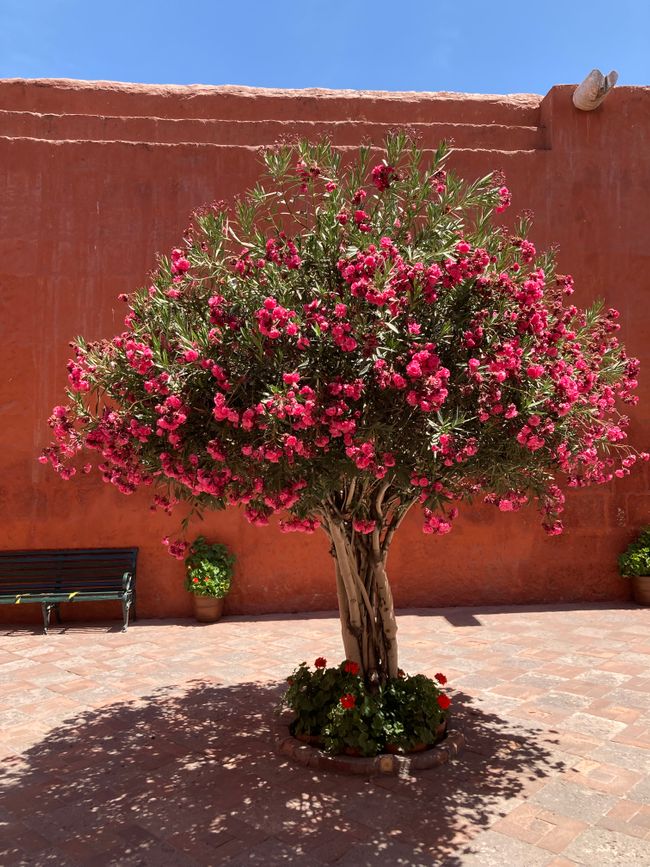
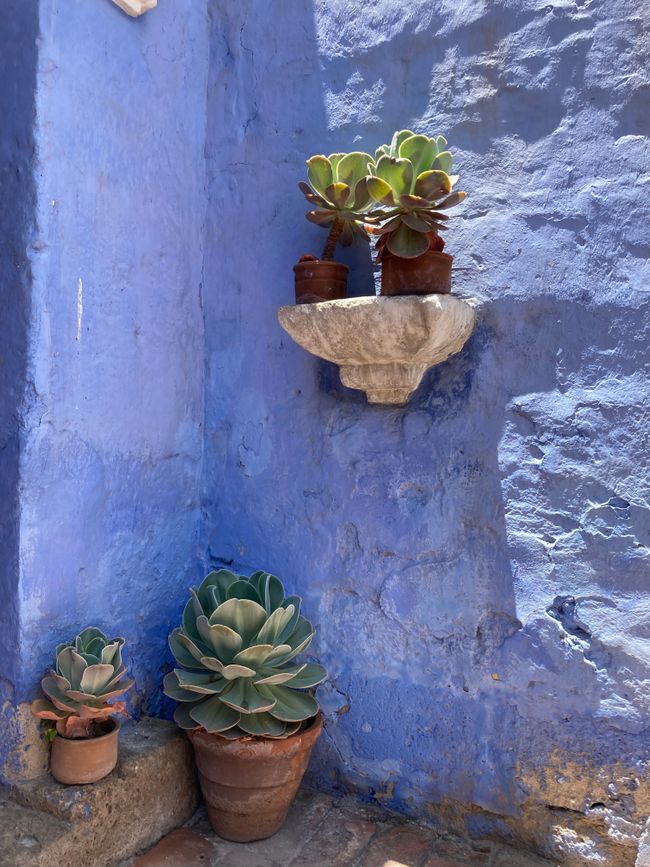
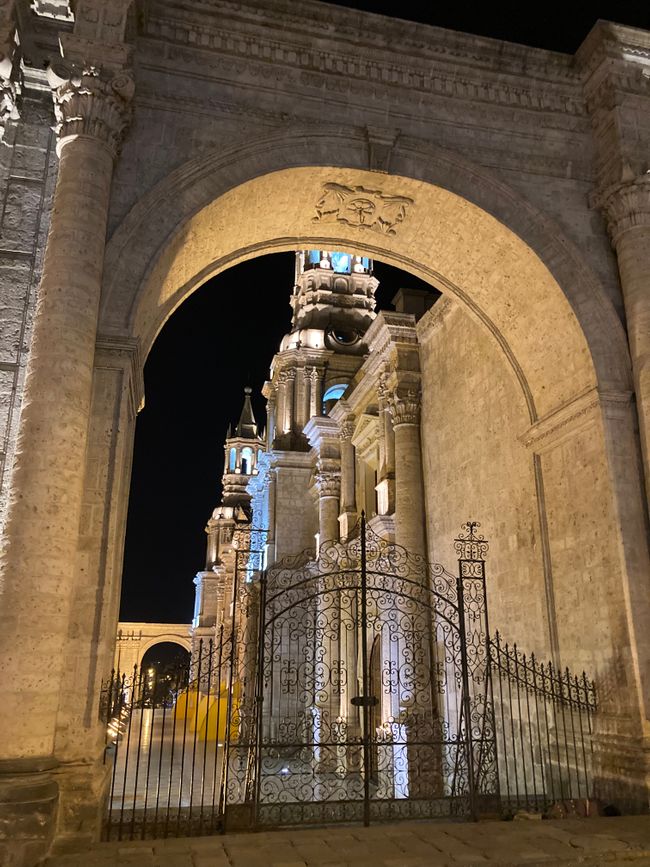
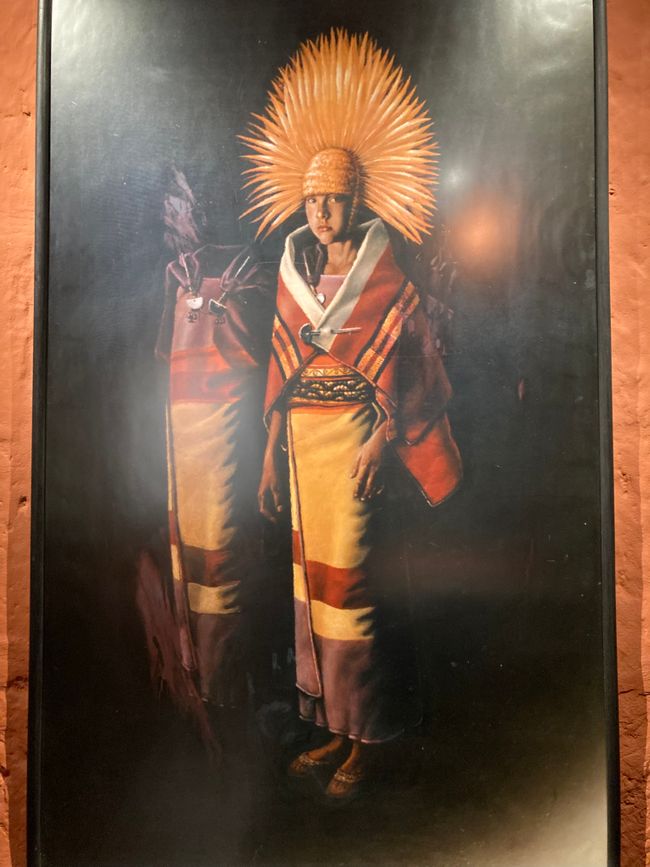
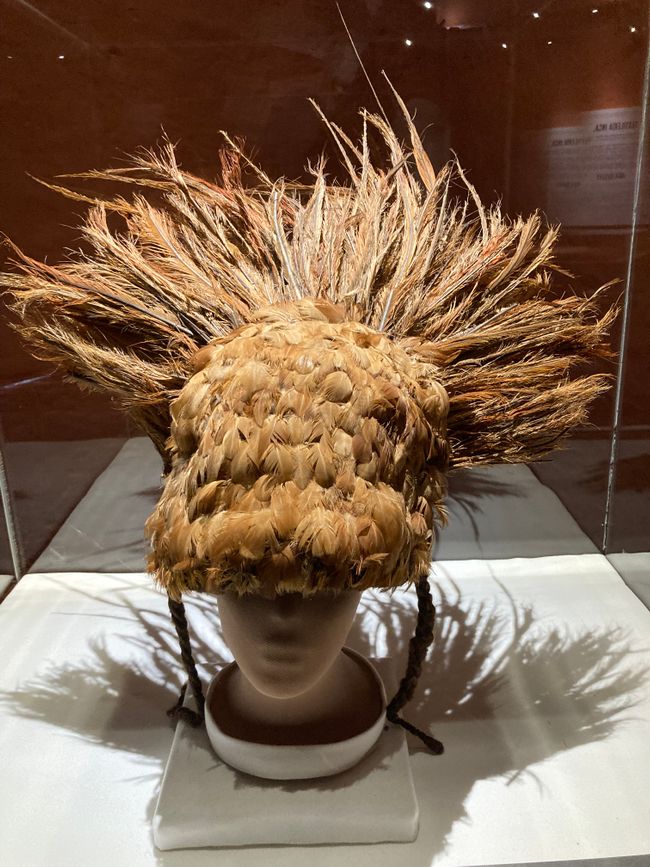
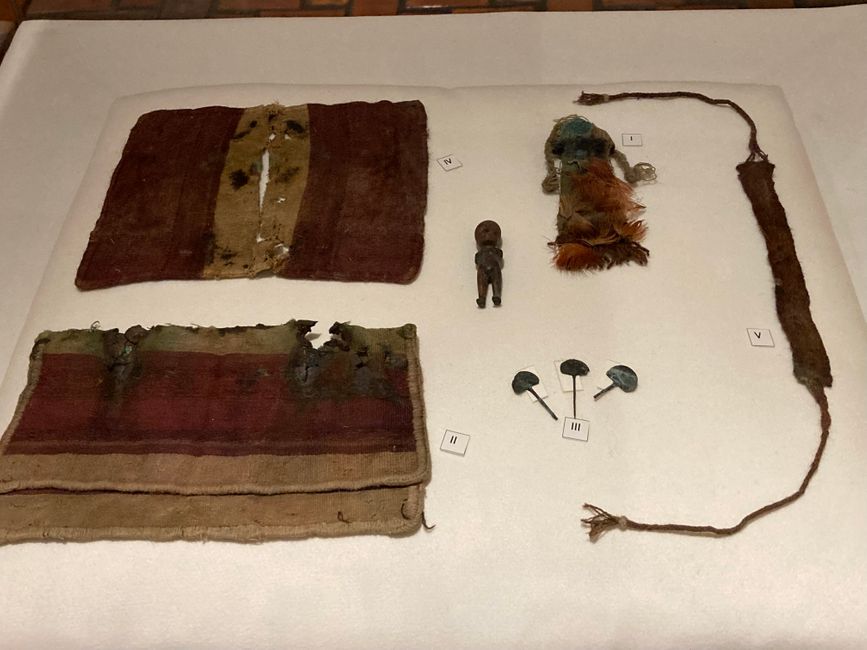
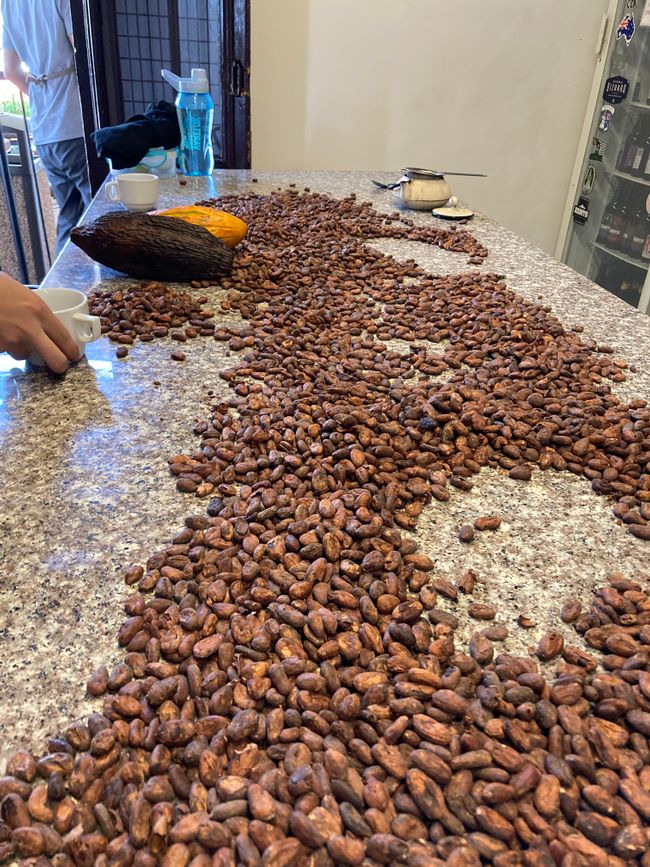
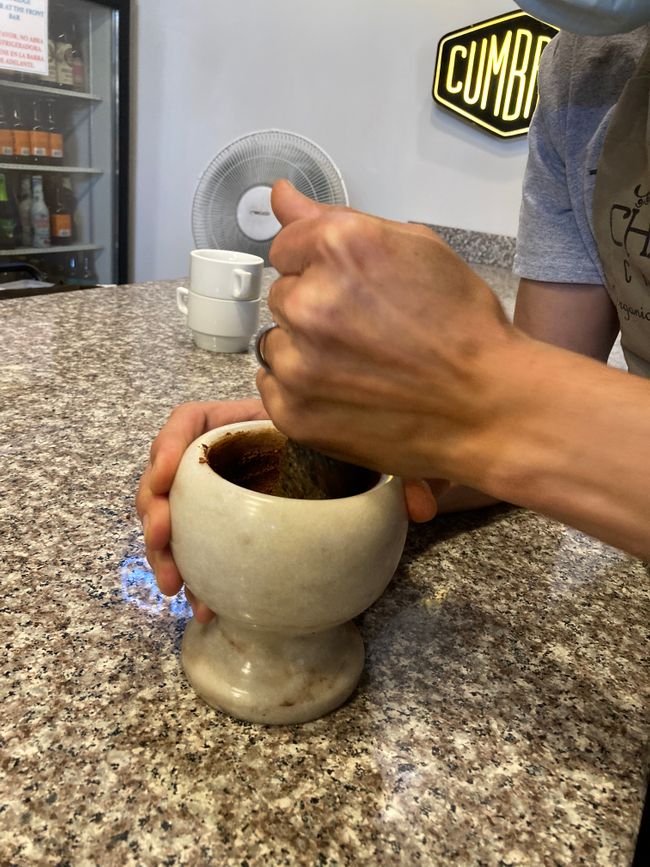
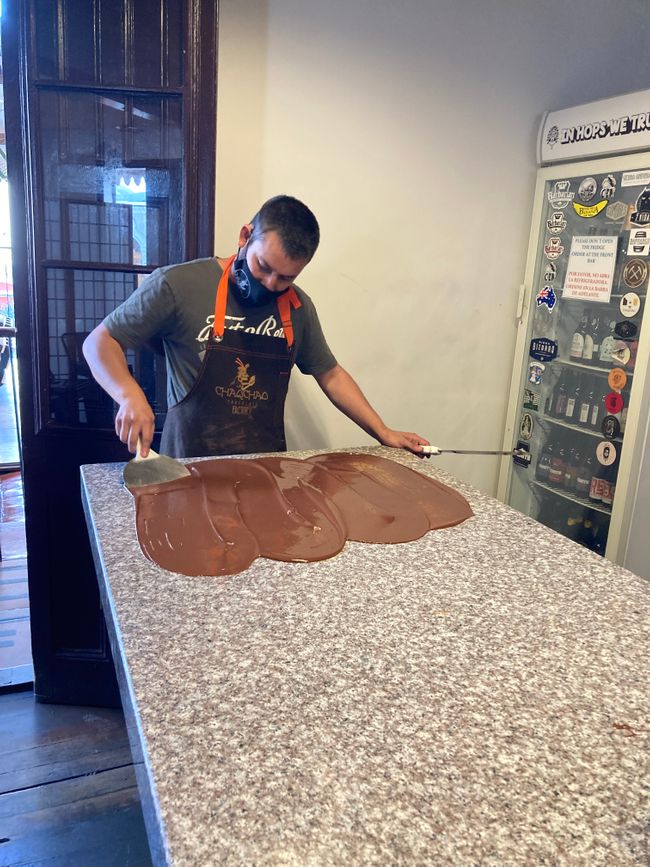
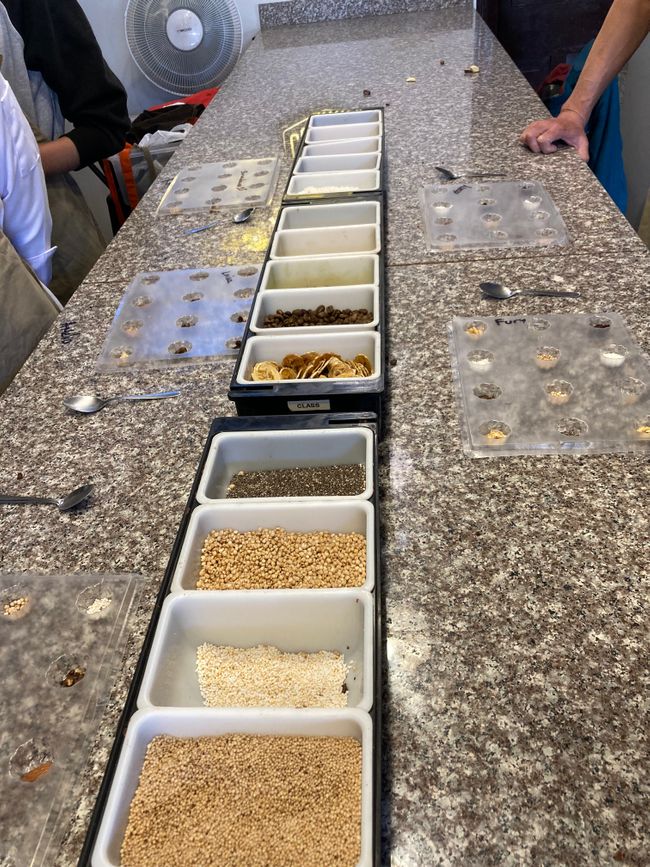
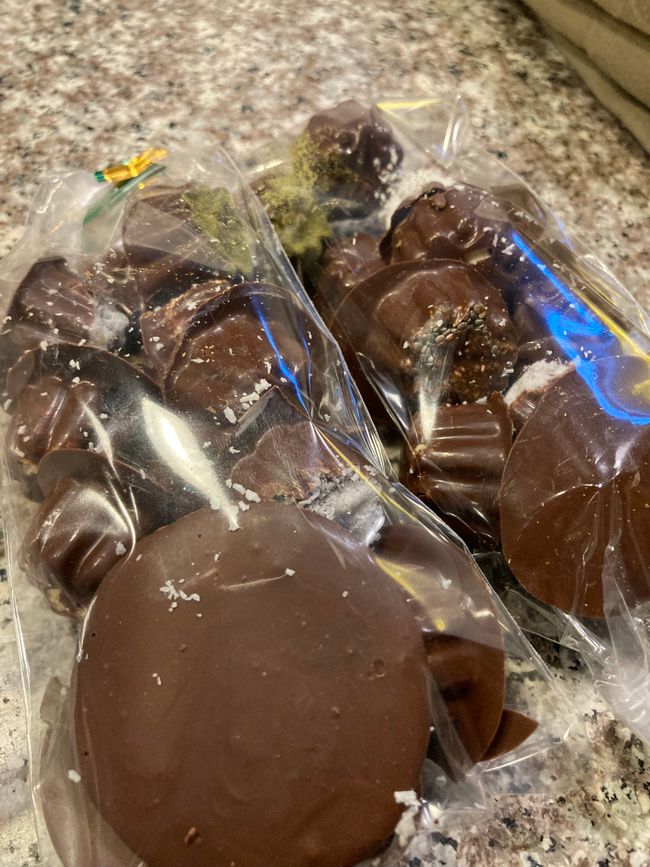
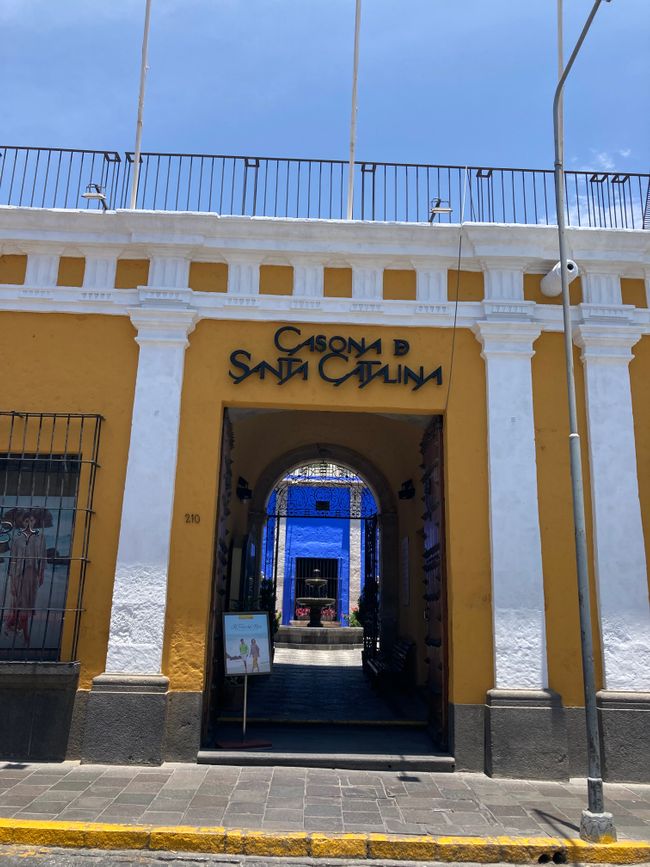
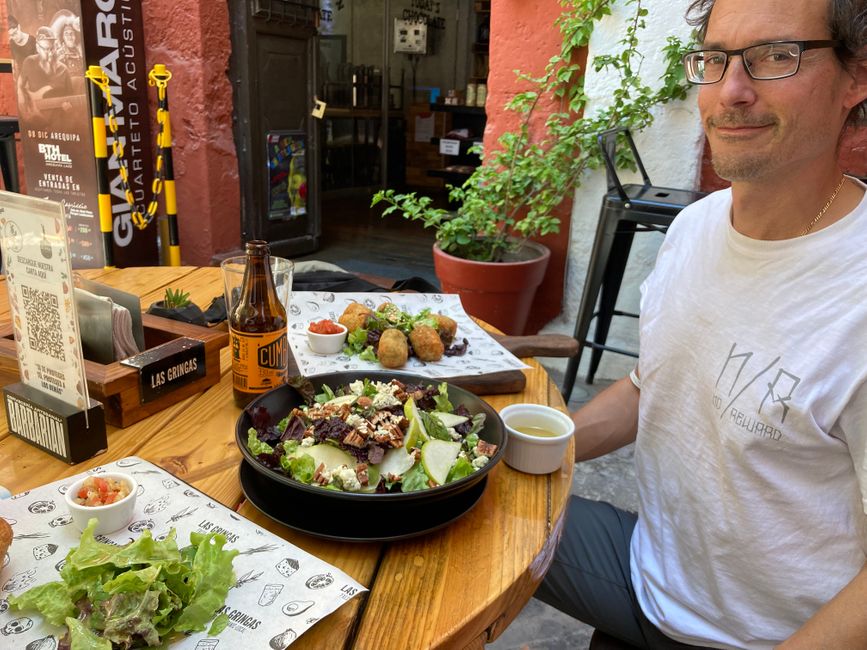
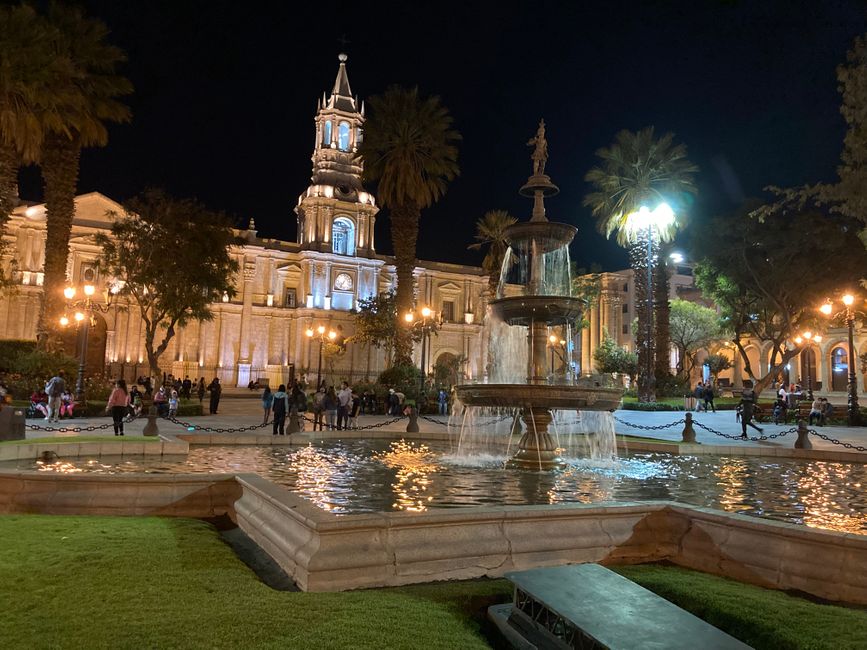
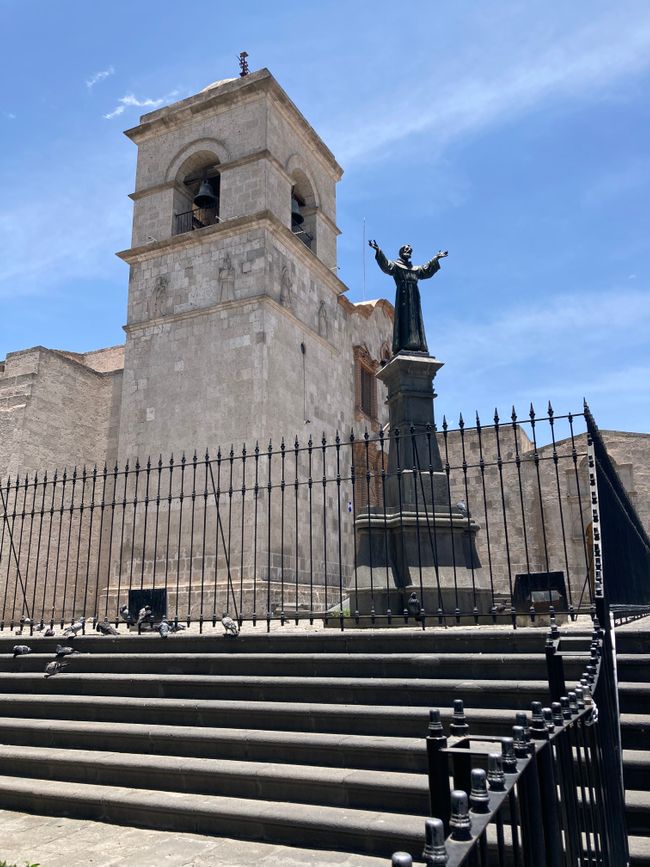
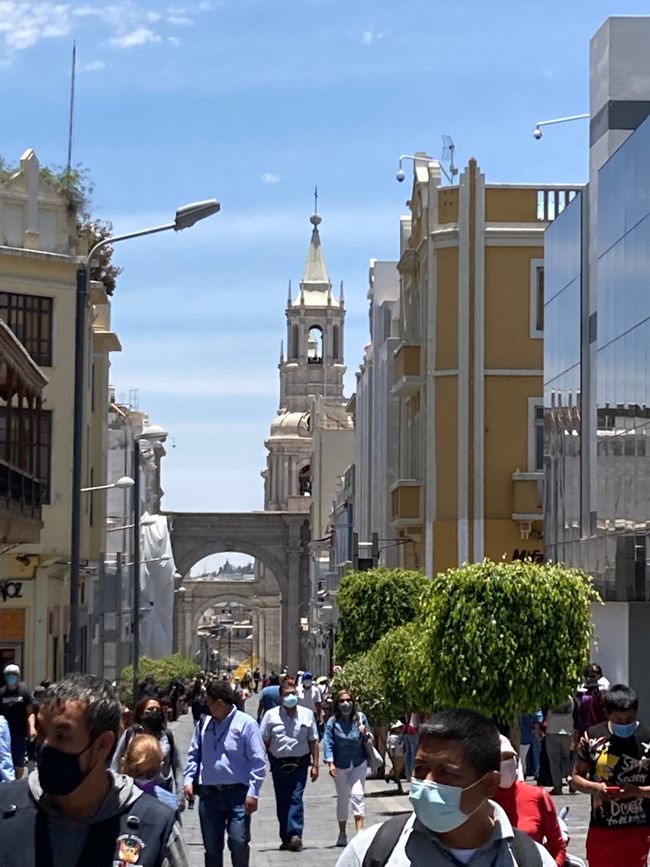
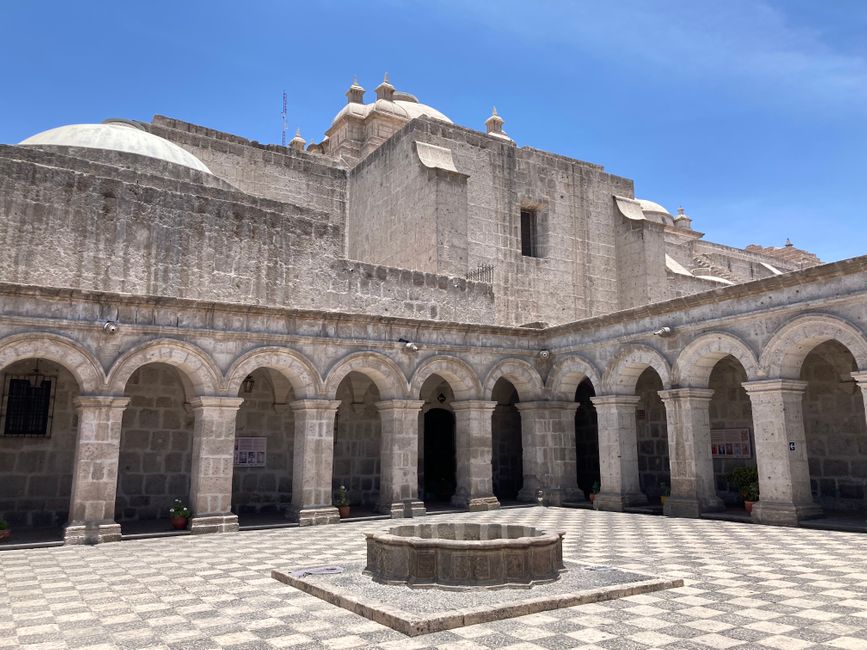
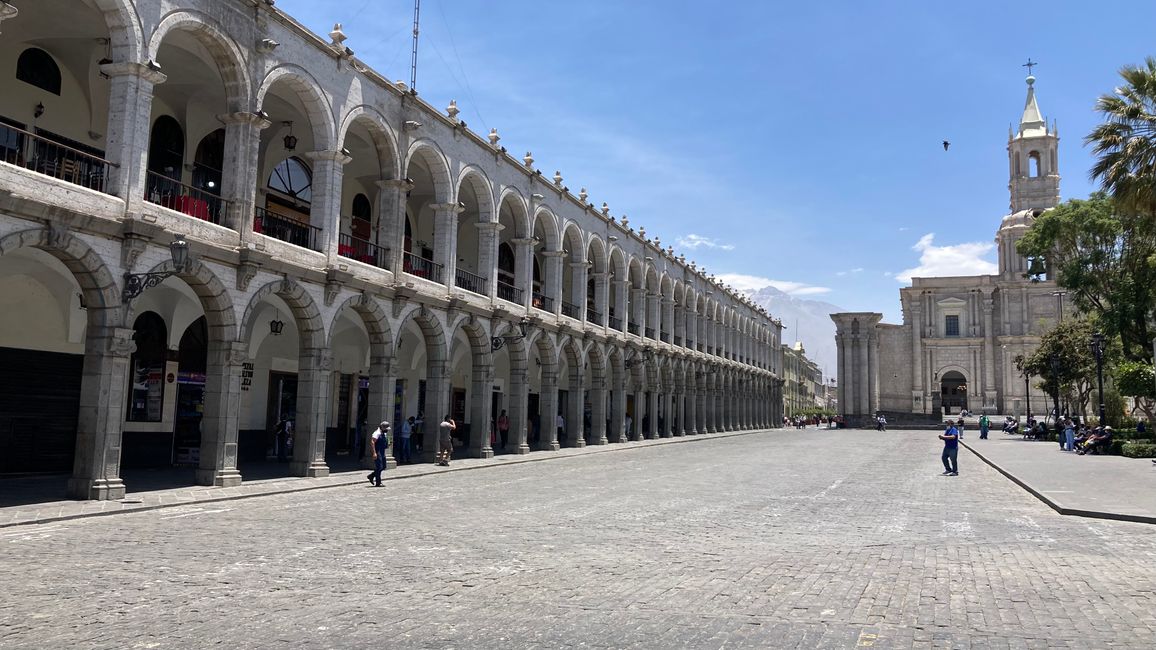
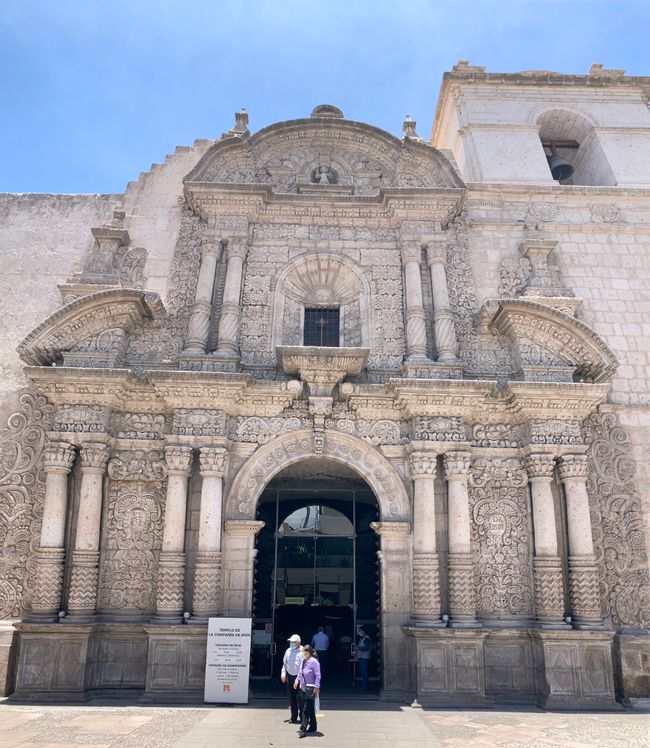
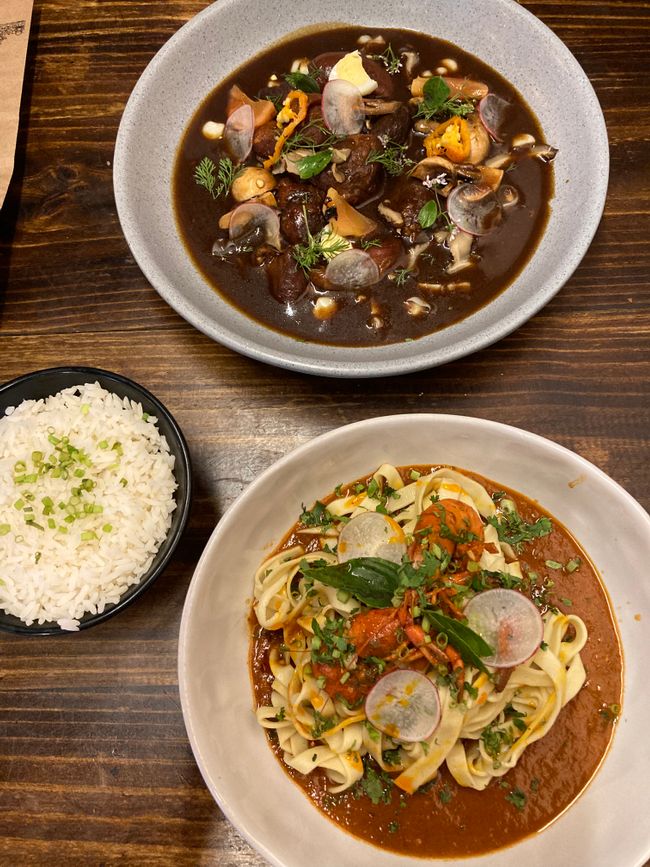
9th-10th November Arequipa
Roman's backpack feels heavier and his back is getting tired of carrying it around. Since we have about 26kg of camping equipment with us and only go camping every few weeks, it's just extra weight that we have to carry. We arrive in Arequipa at 9:00 am and take a taxi to the hotel. The taxi driver doesn't negotiate and demands 12 Soles for the ride. Just before the hotel, he has to take a detour due to construction work and lets us know that he now wants more money. But he already said at the beginning of the ride that he has to take a detour, so there's no need to negotiate. The hotel is small but nice. We stay in a villa that used to belong to a wealthy Arequipa family, where parts of the inner courtyard terrace have been renovated. There are shops and restaurants below us. Since we can't check in until 3:00 pm, we leave our luggage at the hotel and explore the city. The city center, mostly made of white stone, enchants us from the very beginning. Excursions to nearby quarries are offered on every corner. We find a chocolaterie with an integrated beer pub and restaurant. Wonderful food and artisanal beer make the stay perfect. After an afternoon nap at the hotel that lasts into the evening, we walk to the grill with the best Google reviews in the city. By now, we're real pros at finding all the best places. The alpaca steak and the chicha morada are excellent!
In the morning, we are awakened by breakfast calls at 7:30 am. Due to Corona, everything is delivered to our door in a bag. The included breakfast is a bit meager... but we are already well fed. ;)
We decide to take a chocolate-making course at the chocolaterie we visited yesterday and book on site. Not far from there is the Santa Catalina Monastery, a 400-year-old magnificent building that is laid out like a village behind walls in the city. Truly worth a visit! Afterwards, we treat ourselves to a few bites in a Thai-Peruvian fusion restaurant. The concept and the dishes are absolutely fantastic!
We take the chocolate-making course in Spanish and join 3 locals working in the gastronomy industry. The instructor, Adrián, is a pioneer in Peruvian chocolate production and captivates us from the beginning with his dedication to the product. He studied for 5 years for it. After a lot of background knowledge, the manufacturing process, and testing different products (can we distinguish chocolate from similar products? How much sugar and cocoa content, what fats are used?), we are allowed to take our self-flavored chocolate home. Of course, it's organic and homemade. In addition, Adrián gives me his latest creation and I have to report back to him: chocolate with cocoa butter but no cocoa, instead with 40% coffee. It can't be called chocolate for this reason and is still in the testing phase. A delicious product!
Shortly after, we have ourselves driven to the bus terminal and board the bus to Puno.
คำตอบ
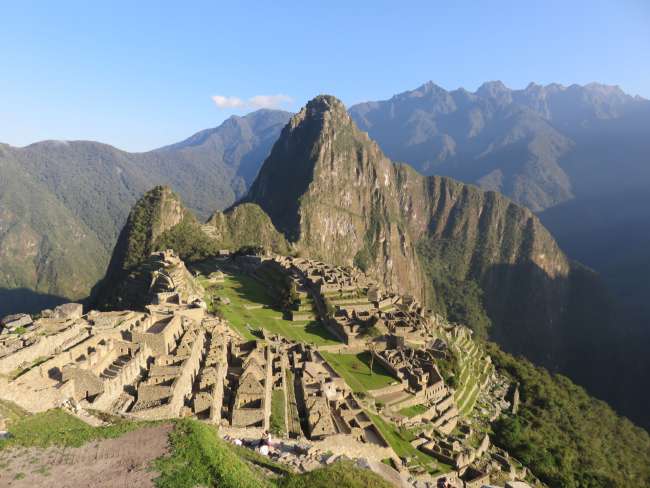
รายงานการเดินทาง เปรู
